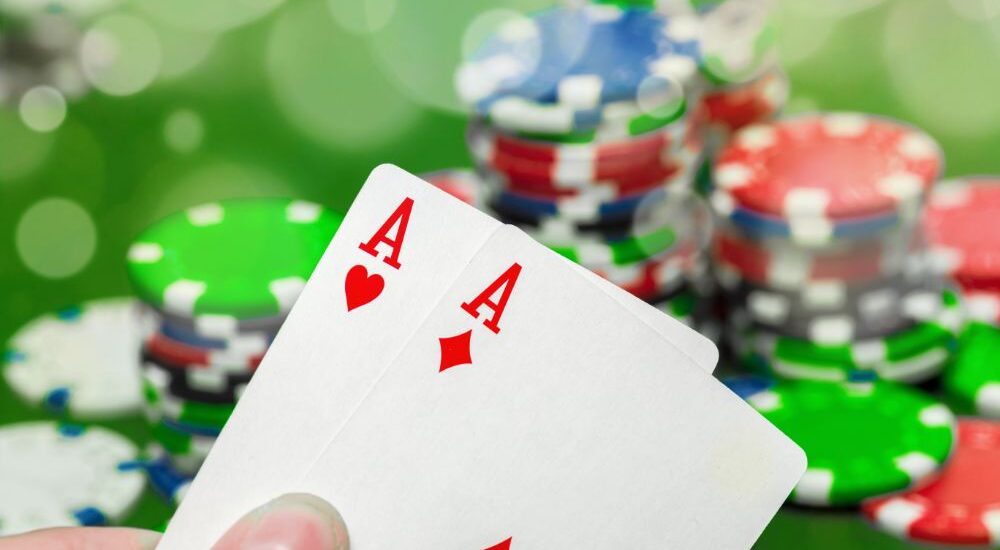Understanding the card values in blackjack is essential for successful gameplay. Each card holds a specific value that contributes to the overall hand total. For example, numbered cards from 2 to 10 are worth their face value, while face cards (Jack, Queen, King) are each valued at 10 points. The Ace card is particularly versatile, as it can be worth either 1 point or 11 points, depending on which value benefits the hand more.
By grasping these values, players can make informed decisions during gameplay, such as hitting, standing, doubling down, or splitting pairs. This strategic approach can significantly impact the outcome of each hand and potentially increase the chances of winning.
Ultimately, mastering the card values in blackjack provides players with a solid foundation to navigate the game effectively and improve their overall performance at the table.
Basic Card Values
In blackjack, understanding the basic card values is essential. Number cards maintain their face value, with a 2 being worth 2 points, a 5 worth 5 points, and so on up to 10. Aces can hold a value of either 1 or 11 points, depending on optimizing your hand.
For instance, pairing an Ace with a 7 allows flexibility in deciding whether the Ace should be valued at 1 or 11, potentially resulting in a hand total of 18. Face cards, including Jacks, Queens, and Kings, all carry a value of 10 points each.
Face Cards Worth
Continuing with the discussion on card values in blackjack, face cards such as Kings, Queens, and Jacks hold a fixed value of 10 points each. These cards offer a solid foundation towards reaching the desired total of 21 in the game.
Despite their significant point value, it’s essential to note that face cards lack the versatility of Aces, which can be valued at either 1 or 11 points. While landing a face card can be advantageous, players must consider the strategic implications it may have on their gameplay decisions.
Aces in Blackjack
Aces hold a significant strategic value in blackjack due to their dual point system, where they can be valued as either 1 or 11 points. This flexibility allows players to adjust their hand values based on the situation at hand.
A combination of an Ace and a 10-value card results in a natural blackjack, the highest possible hand in the game. Moreover, the ability to switch the Ace’s value from 11 to 1 when nearing a total of 21 helps prevent busting.
Understanding how to leverage Aces effectively can greatly improve a player’s winning odds in blackjack.
Card Values in Action
Understanding the card values in blackjack is crucial when playing the game. In blackjack, the value of your hand dictates your next move. Numbered cards retain their face value, while face cards like Jack, Queen, and King are valued at 10. Aces are flexible, serving as either 1 or 11 based on what benefits your hand the most.
For example, with an Ace and a 6, you could have a total of 7 or 17. Keeping track of your card values during the game is essential for adjusting your strategy accordingly. By mastering these values, you can make informed decisions to enhance your chances of success at the blackjack table.
Tips for Playing Blackjack
To enhance your performance in blackjack, it’s advisable to adhere to strategic tips that can positively impact your gameplay and increase your likelihood of winning. Utilizing a basic blackjack strategy chart is recommended to aid in making well-informed decisions on when to hit, stand, double down, or split during gameplay.
Additionally, it’s essential to manage your bankroll effectively by establishing limits and refraining from chasing losses. Maintaining a composed demeanor and avoiding emotional decision-making based on previous hands is crucial for sustained success.
Selecting a blackjack variant with advantageous rules, such as a lower number of decks utilized, can also work to your advantage.
Lastly, demonstrating proper table etiquette by showing respect towards the dealer and fellow players is important for a harmonious gaming environment. By incorporating these strategies, you can enhance your skills in blackjack and elevate your overall gaming experience.
Interested in Blackjack Betting Systems Compared: Which Works Best? We’ve covered it here: https://us-gambling-casino.com/2024/10/10/blackjack-betting-systems-compared-which-works-best/
Conclusion
With a clear understanding of blackjack card values, players can make informed decisions during the game. It is important to remember the numerical values of number cards, the fixed values of face cards, and the adaptable nature of aces in strategic gameplay. By utilizing this knowledge effectively and considering the composition of one’s hand, players can enhance their chances of success in blackjack. Best of luck in your games!

